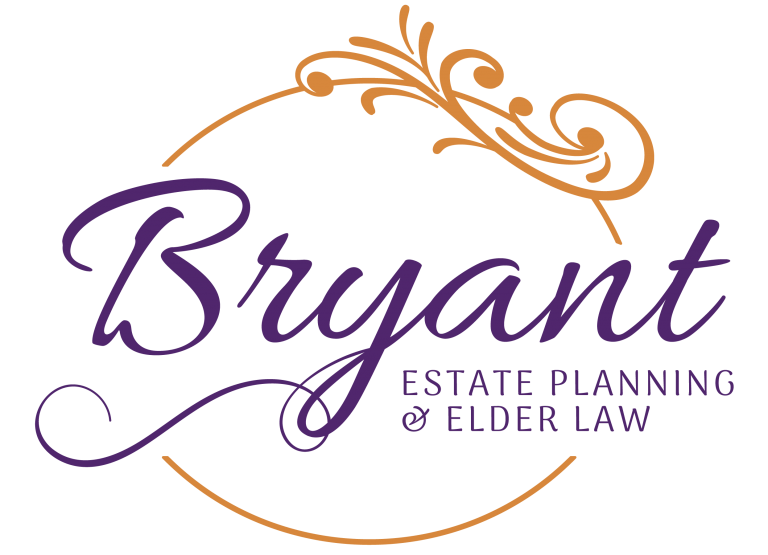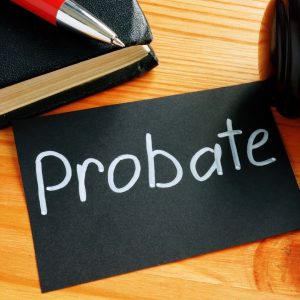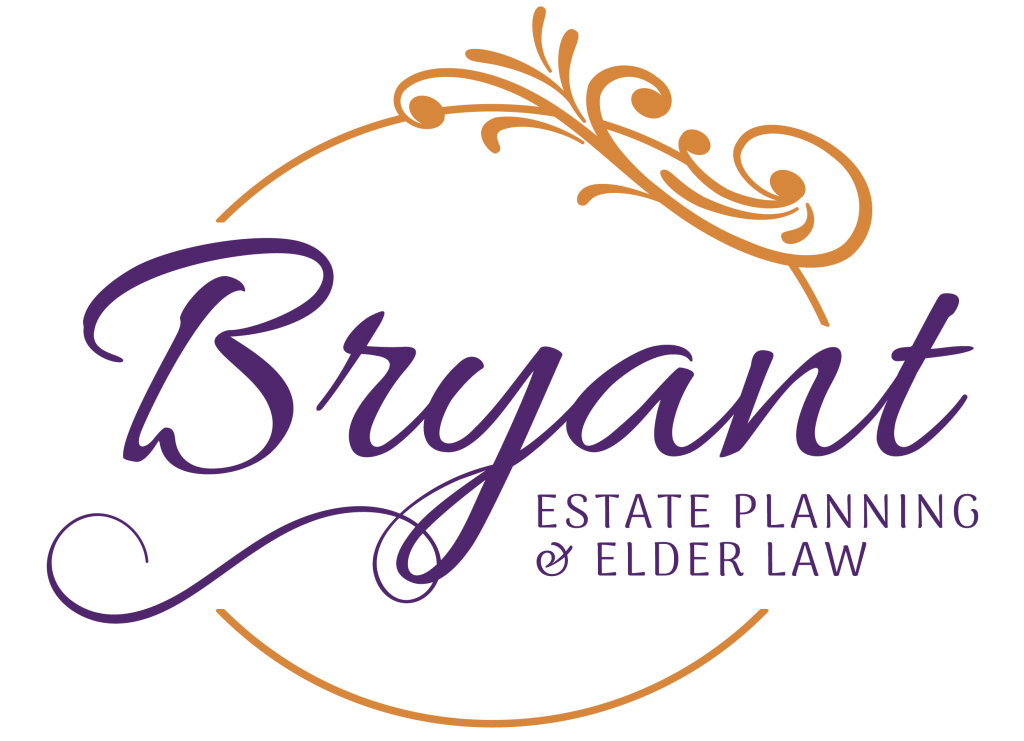A holographic will is a handwritten will (no typing on the computer) that is valid in California if it meets certain requirements identified at California Probate Code §§6110-6111. Although it seems cost-effective to be able to simply jot down your final wishes next to that crossword puzzle you were trying to finish, there are potentially some major pitfalls.
First, you might unintentionally make error, or write your wishes in such a way that is too ambiguous for your family to interpret correctly. Unfortunately, ambiguities can lead to fighting. Not only does this create family discord, but it also increases time in court and legal fees. It may also ultimately lead to your estate being distributed in a way you did not want.
Second, you may fail to plan for the unexpected. Specifically, you might fail to plan for contingent heirs or executors. For example, who should oversee administering your estate if your oldest son, who you named as executor, gets a great job that is overseas and cannot return to the United States for the ongoing court dates that probating a will requires? If you failed to name a back-up explicitly, a family member who you did not want to be in charge might get appointed. Similarly, if one of the heirs your named does not survive you and you did not put a contingent heir, your estate may not be distributed in the way that you wanted. The gift “lapses” and could potentially be subject to the laws of intestate succession—California’s default plan for estate distribution.
Finally, a will—holographic or otherwise—is not always the best way to distribute your assets when you die. A will directs your estate to probate. Probate is when the court supervises the processes that transfer legal title of property from the estate of the person who has died (the “decedent”) to his or her heirs. In California, you must go through probate if your loved one did not have a living trust and owned real property greater than $50,000.00 or had assets totaling $150,000.00 or more. Probate often means a lot of work for your family, large attorneys’ and court fees, and a lot of time (a year or more) before heirs even receive a distribution from your estate. Therefore, a living trust is often better for those owning real property or have assets totaling $150,000.00 or more because it avoids probate, which means that upon your death, your family is able to administer your estate much faster and more cost-effectively.
For more information on whether a will or trust is right for you, please call The Law Offices of Lisa C Bryant at (408) 419-1361 to schedule a free consultation.
All materials have been prepared for general information purposes only to permit you to learn more about our firm, our services, and the experience of our attorneys. The information presented is not legal advice, is not to be acted on as such, and may be subject to change without notice.




